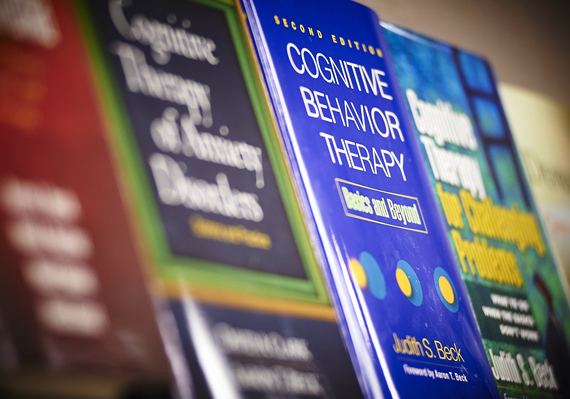You may not need therapy if you are weathering the trials and tribulations life throws at you pretty well. If you are basically emotionally healthy, have good problem-solving skills and call on a support network when you need help, you are probably already dealing with your challenges effectively.
You certainly should consider therapy if you have psychological problems, psychiatric symptoms, a medical condition with psychological components, difficulty implementing a health care plan, disturbances in your relationships or your functioning or other pressing difficulties you can't resolve on your own or within your social network.
You may find therapy desirable, however, to improve your life: to identify your core values, set goals, reduce stress, function more effectively, get unstuck, gain a different perspective, solve or cope better with a problem, accept an unmodifiable situation, make an important decision, improve your mood or get you started in making lifestyle or relationship changes -- that is, if you (even with the help of family and friends) don't seem to be able to bring about or sustain the changes you want to make. Or if you're uncertain about what changes you should make.
What Constitutes Effective Treatment?
Look for a therapist who "gets" you, someone with whom you feel a connection, AND someone who delivers effective treatment. What is effective treatment? It's a course of therapy that directly helps you solve today's problems and reduces your symptoms so you feel better. It's also therapy that helps you stay better. It's important to know that in traditional psychotherapy, you can spend literally years, gain insight into yourself and into how your family and your history have influenced you; yet you still may not be equipped to make the changes you need.
Cognitive Behavior Therapy (CBT) on the other hand, is generally (though not always) short-term, goal-oriented, and problem-solving focused. A CBT therapist develops a supportive relationship with you and teaches you the skills you need to change your unhelpful thinking and behavior to have a lasting impact on your mood and functioning. CBT has been shown in well over 1,000 randomized controlled research trials to be effective. It is the most highly researched psychotherapy in the world.
What Kind of Mental Health Professional Should I Look for?
Many psychologists, psychiatrists, psychiatric nurse practitioners, and social workers practice CBT -- or at least, think they do. Check out their training. Did they just attend a workshop or two? Was CBT a strong component of their graduate program? Have they received supervision in CBT from supervisors who themselves received extensive CBT training and supervision? Another quick check is to ask a prospective CBT therapist what happens in a typical session. They should describe doing a mood check, an update, a review of your "action plan" (activities you had committed to doing during the previous session), discussion of problems that are most important to you, problem-solving, evaluation of your unhelpful thoughts and beliefs, skills training, a summary of the discussion and eliciting feedback from you about how you thought the session went.
How Will I Know if Therapy Is Working?
You should start to feel better, in more control. Your symptoms should reduce. You should be making inroads into solving your problems -- or accepting problems that can't be changed and shifting your focus elsewhere. In short, you should be functioning better.
Mental health professionals are like any other kind of professionals. Some are excellent; some are poor. Most are somewhere in between. You start with a leg up if you find someone who is well-trained in a kind of psychotherapy that has a very strong evidence base. Don't get discouraged if the therapist you're seeing isn't helpful enough. It just means you haven't yet found the right person.

